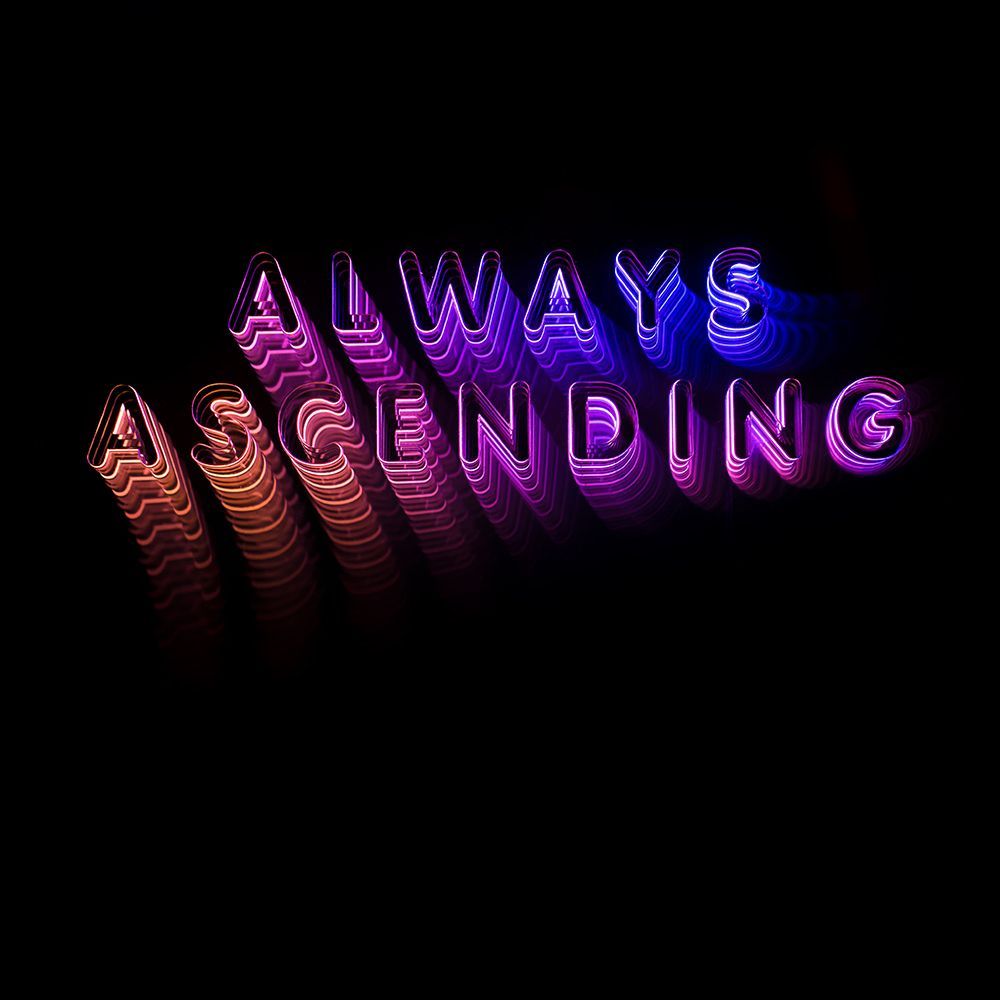Since the release of their debut, Franz Ferdinand have teetered between the raw post-punk that won them acclaim and attempts to broaden that sound. Always Ascending arrives at a ripe time for them to experiment: after founding member Nick McCarthy left in 2016, keyboardist Julian Corrie joined the fold. With the help of Corrie and producer Philippe Zdar -- known for his dance and rock-melding work with Phoenix and Justice -- the band follows through on the dance music flirtations of Tonight. This is Franz Ferdinand's most electronic-leaning album yet, and there are times when this new direction shines. The title track transforms the band's familiar dance-punk into gleaming space disco that feels like a leap into the unknown. Later, "Feel the Love Go" gives their skill at shifting from lusty to poignant a chrome-plated upgrade. Too often, though, the album is surprisingly uninspired. "Lazy Boy" might be a self-referential take on the style that made the band famous -- it even borrows the thudding hook from "Take Me Out" -- but it's hard to appreciate this cleverness when the results feel so slight. Similarly, songs about finding freedom from self-imposed restrictions ("Paper Cages") and discovering your true friends ("Finally") aren't as exciting as they should be. However, things get more interesting as the album progresses. "Huck and Jim," which ranges from slinky to jabbing to ironically triumphant, is jumbled, but not boring. The band fares better on "Lois Lane"'s sweeping synth pop and "Slow Don't Kill Me Slow," a finale that sends the album off with a mystique lacking on too many of its other songs. With its mix of intriguing sounds and occasionally underwhelming songwriting, Always Ascending feels more like a first effort than the band's actual debut did. As it stands, it's a somewhat shaky but promising start for the revamped Franz Ferdinand. ~ Heather Phares
